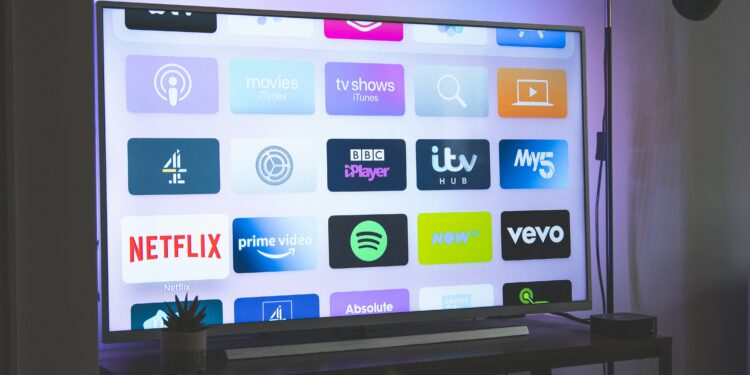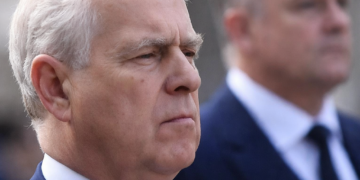President Donald Trump’s latest trade threat (a 100% tariff “on any and all movies that are made outside of the United States”) is an economic weapon aimed squarely at the American consumer and the globalized entertainment industry. The idea, flung onto Truth Social, is framed as a defense of the domestic movie business, particularly citing the woes of California.
Yet, this aggressive protectionism is a move of reckless calculus that willfully ignores the fundamental mechanics of the modern media business, threatening to impose an unprecedented tax on culture that will be immediately passed on to every subscriber, doubling the effective cost of your streaming entertainment.

This proposed tariff is revolutionary in its absurdity because it is the first attempt to impose a border tax on a service, not a tangible good. A movie is not a car or a steel beam; it is intellectual property, digitally licensed and streamed across borders. The logistics of enforcement are unclear —does the tariff apply to a film shot in London but edited in Los Angeles? Does it hit a Marvel movie that used Canadian VFX houses?
The industry’s initial surprised is justified: as one insider noted, because the move could mean a “virtually complete halt of production” for any studio with a global footprint, which is to say, every major Hollywood player. The immediate drop in Netflix stock post-announcement emphasises the market’s clear-eyed fear: this tariff targets the digital distribution models that have kept Hollywood profitable.
Why Your Netflix Subscription is the Real Casualty
The central fallacy of Trump’s argument is that the burden of a tariff falls on foreign producers. In reality, a 100% import tax on any creative work that forms part of a streaming library will be absorbed and then immediately passed on to the consumer.
Consider the economics: major studios and streaming platforms like Disney and Netflix rely on a global production footprint because, as industry executives have confirmed, it is “infinitely cheaper” to shoot overseas due to tax rebates and lower labor costs. If a studio suddenly faces a 100% penalty for this efficiency, they have only two choices:
- Halt Foreign Production: They could try to bring all filming back to the U.S., which will dramatically increase production costs due to higher domestic wages and a loss of foreign tax credits. This higher cost is not paid by the studio’s CEO; it is paid by raising subscription fees.
- Pay the Tariff: For already-produced content and licensed foreign hits (from Korean dramas to British comedies), the 100% fee would be treated as a new licensing cost. This cost, too, is immediately absorbed into the company’s operating expenses and amortized across its subscriber base, resulting in a mandatory rate hike.
This move would not bring back “stolen” jobs as promised; instead, it would likely invite immediate foreign retaliation. Countries like Canada, the UK, and Australia, where U.S. studios spend billions and which are vital markets for Hollywood revenue, would be highly likely to impose their own retaliatory tariffs on American-made content.
The result is a diminishing global marketplace for U.S. films, a downturn in profit, and, once again, the ultimate loss falls on the American creative workers this tariff was supposedly meant to protect. It is a cultural scorched-earth policy that makes everything worse and more expensive.

















